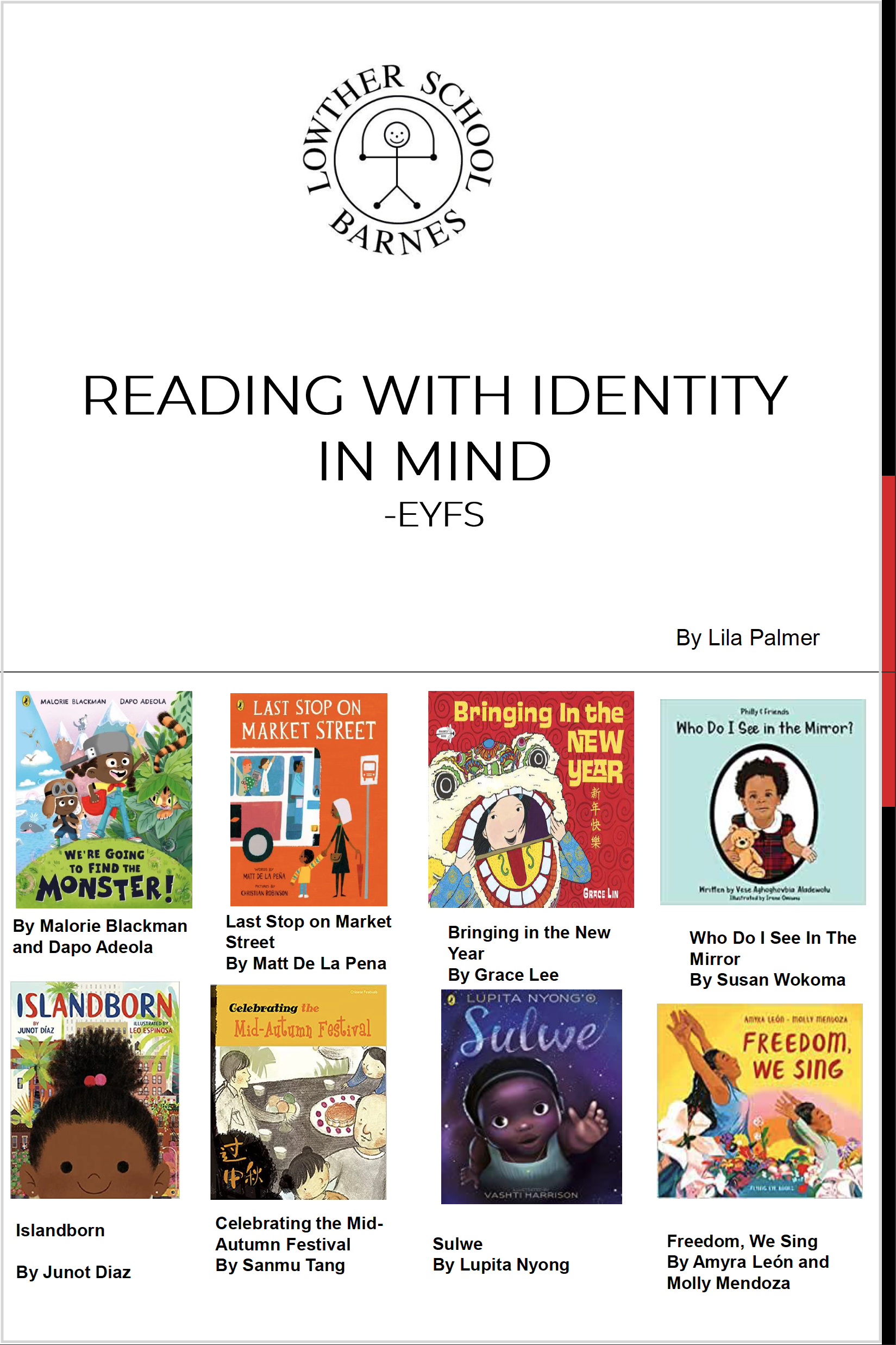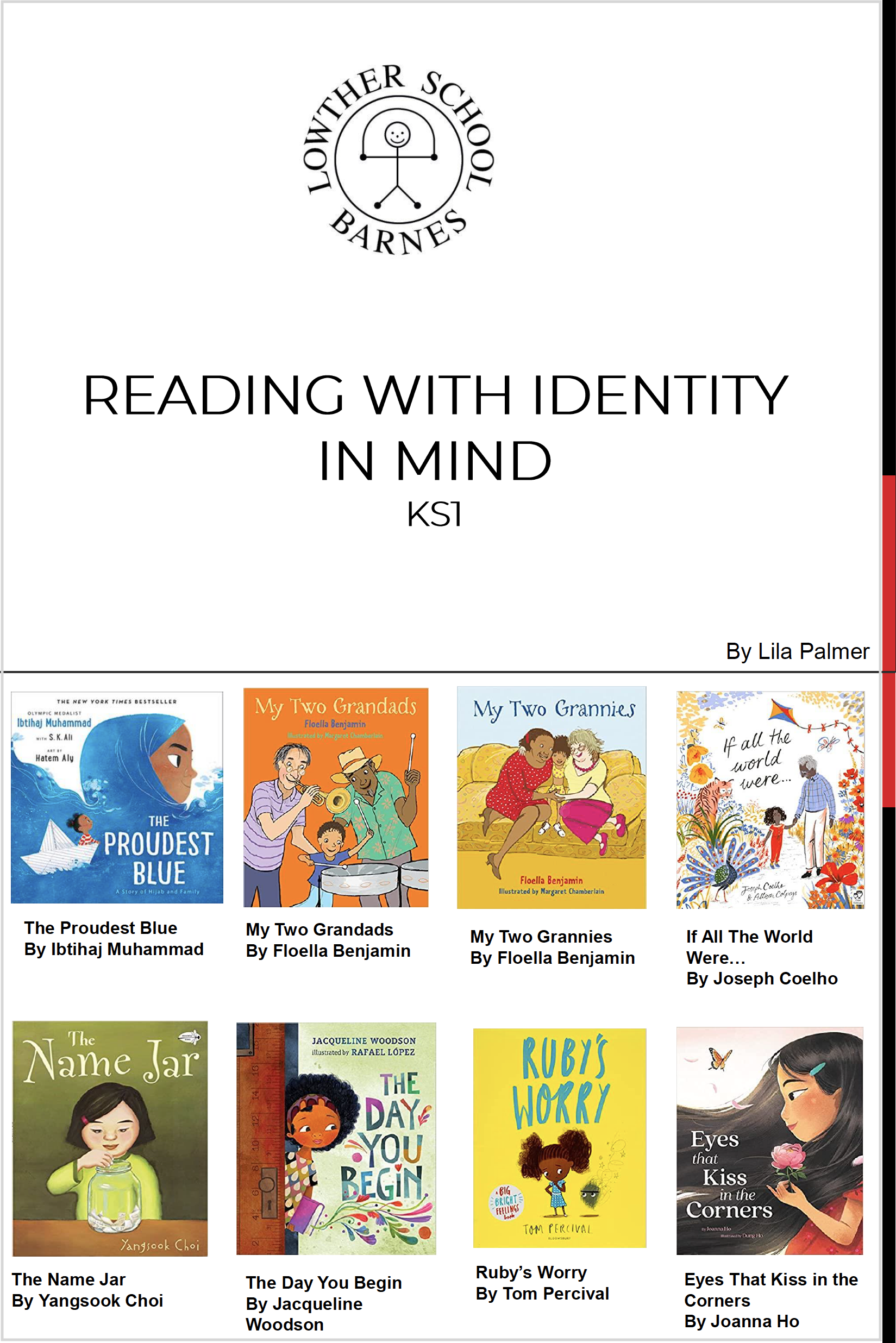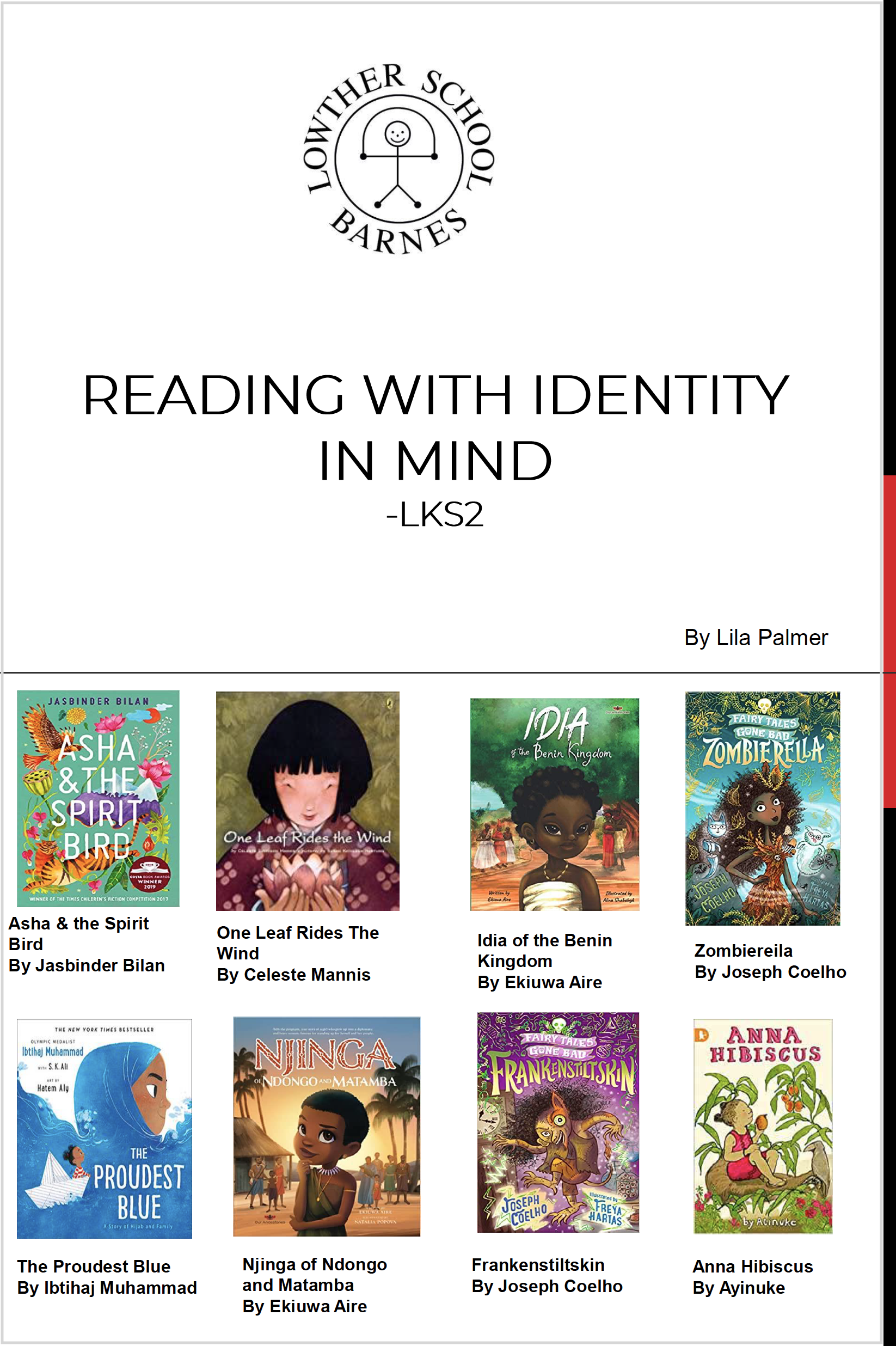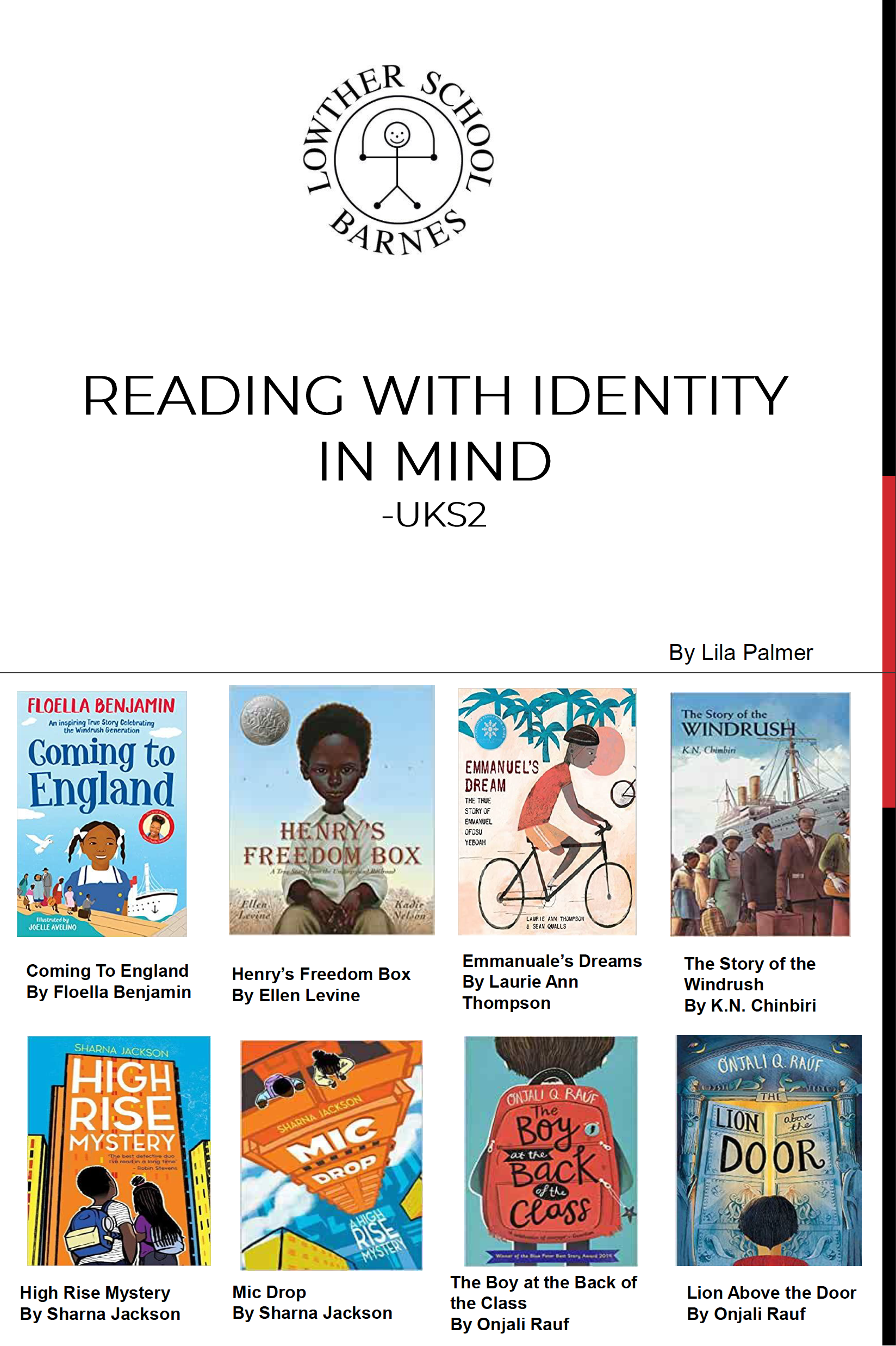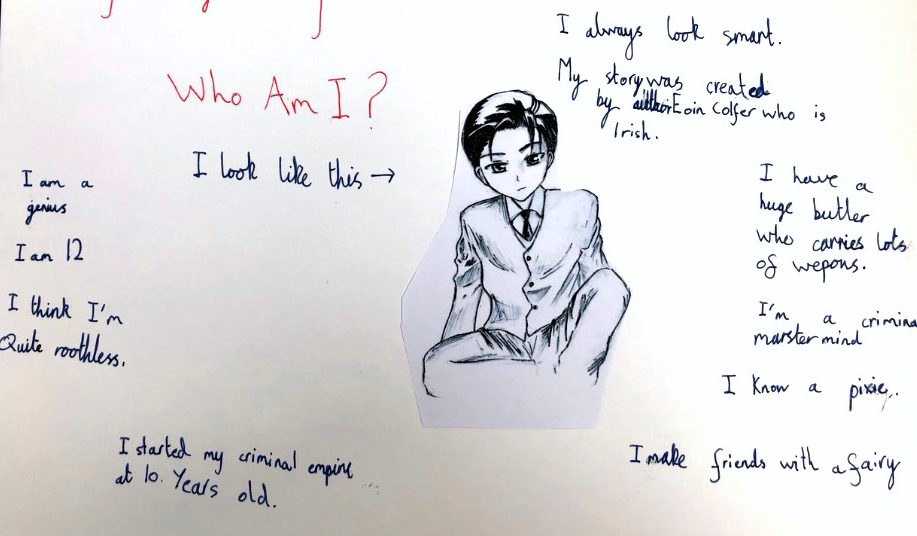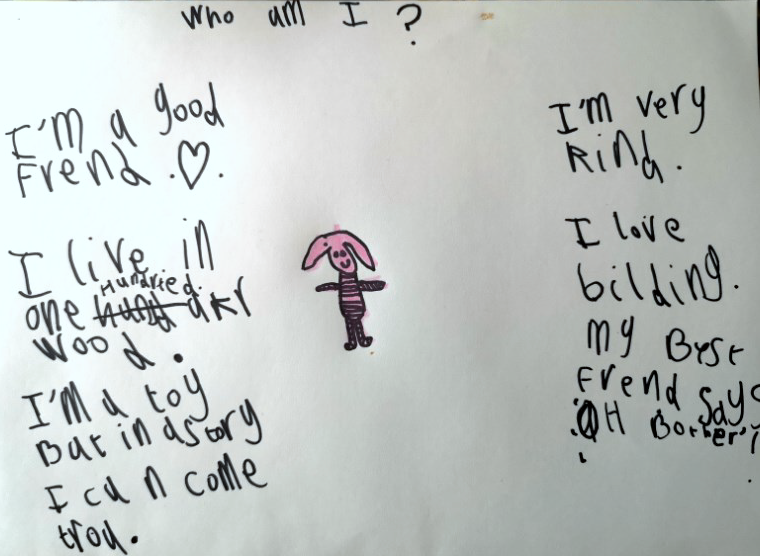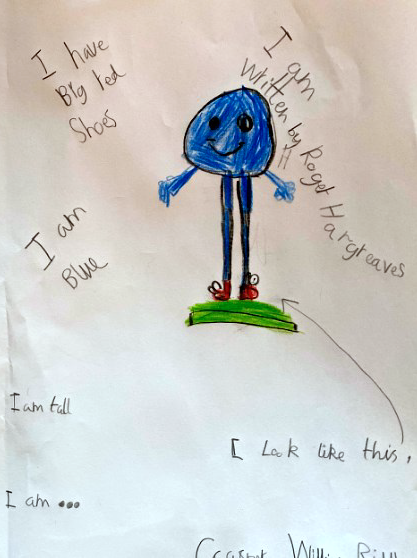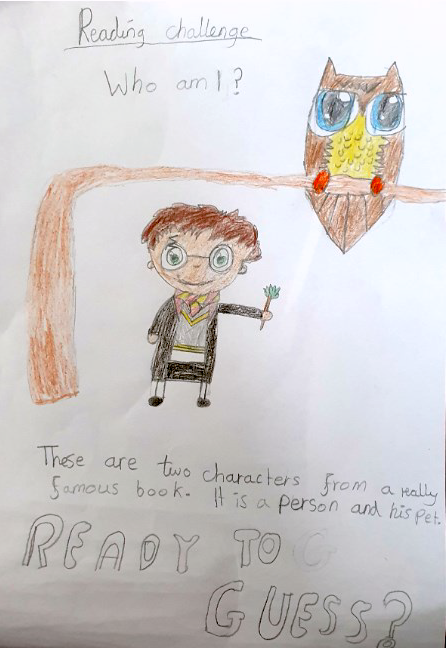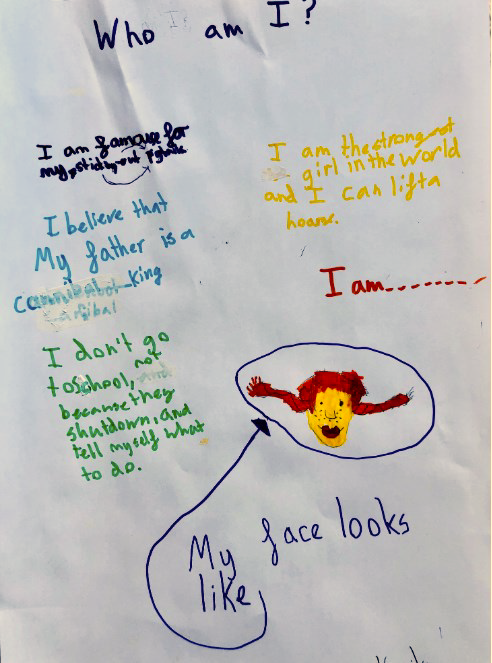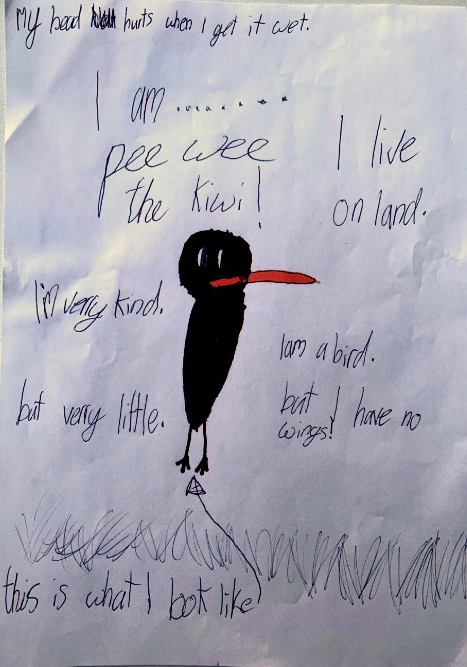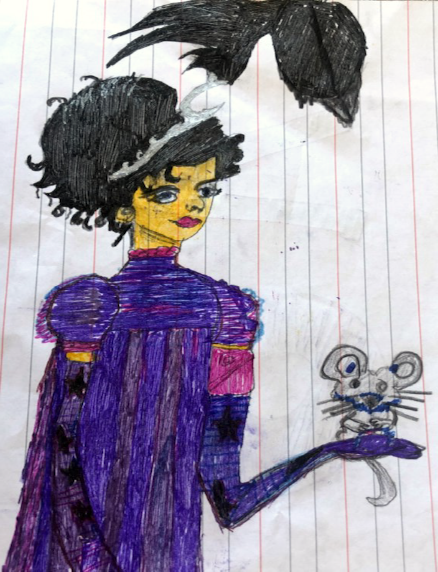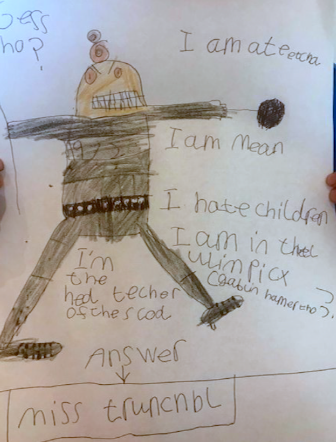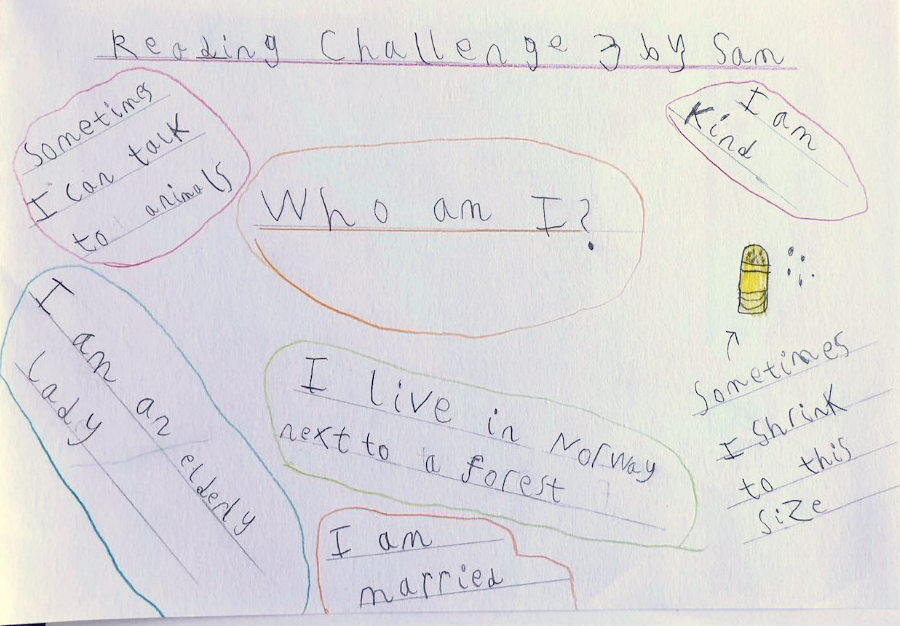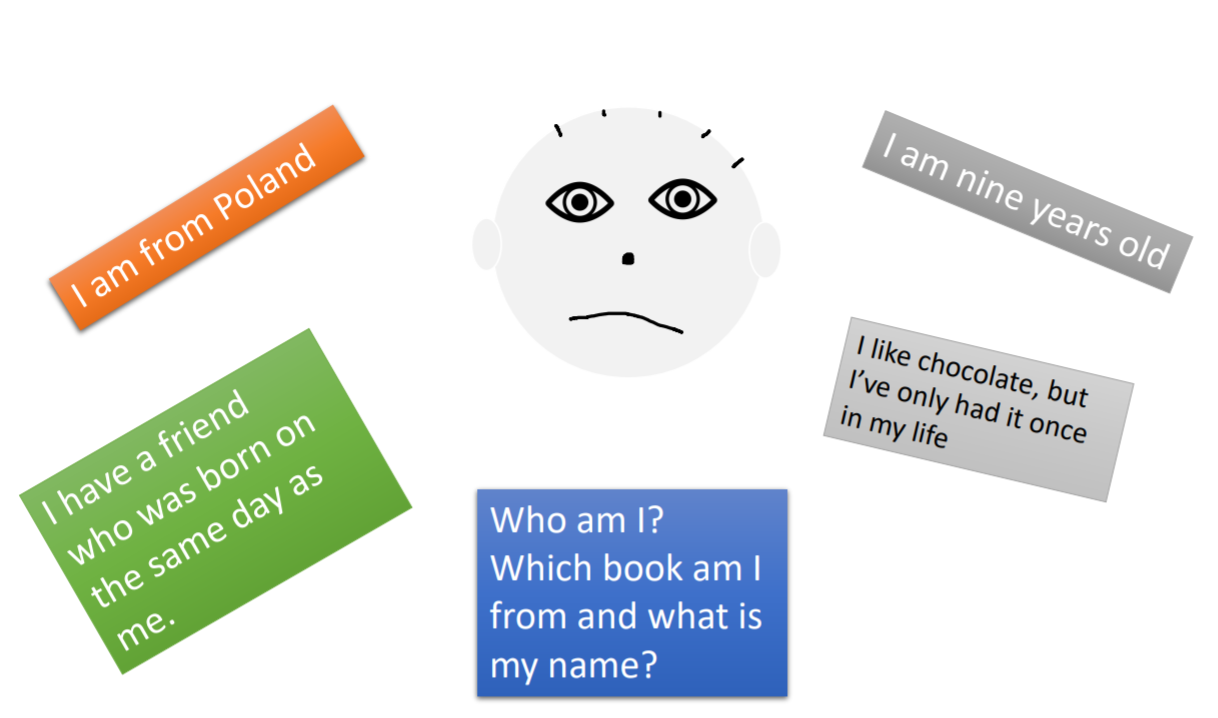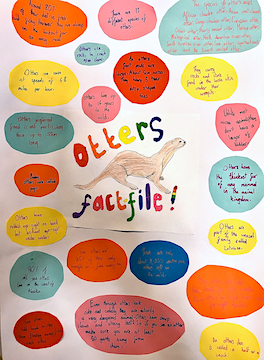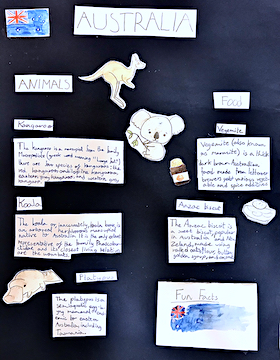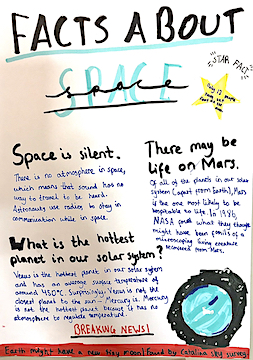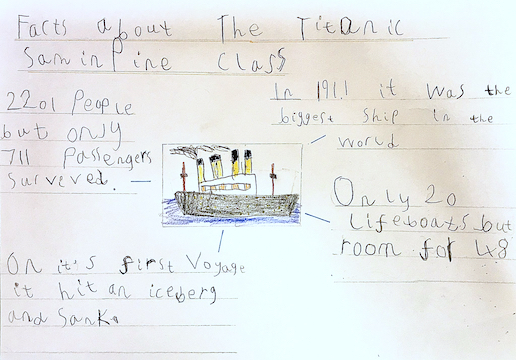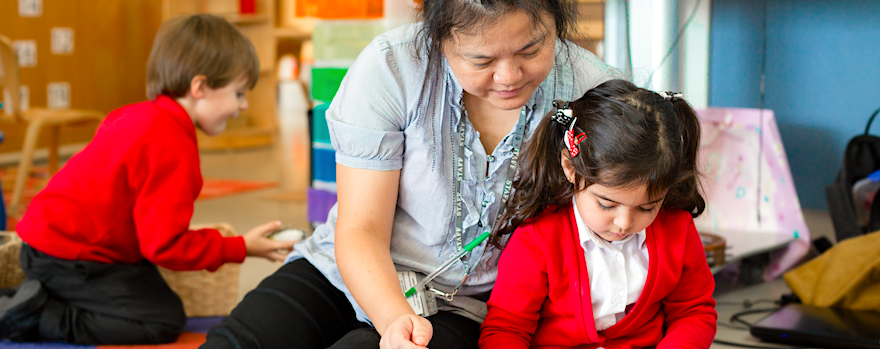
|
 |
|
|
|
| Phonics page |
At Lowther we aim to foster a love of spoken and written language in our children that will stay with them for a lifetime. We strive to ensure that they are skilled and enthusiastic readers, who read for pleasure as well as to learn. |
| Latest Recommended Books PDF |
At Lowther we love reading. Here are just some of the books we recommended to our children. Please check out our Lowther Reading Spine for a core list of Lowther book recommendations. |
| Lowther Reading Spine PDF |
It is immensely important that children see themselves and their lives reflected in the culture around them and that includes the literature they read and the images that accompany it. This means children reading books with main characters from diverse cultures and social structures. Lowther has created a diverse booklist for each key stage of the school. Please click on the icons below to view your child's key stage recommendations. |
| UKS2 |
| Reading Together at Home PDF |
We follow the National Curriculum for Reading: The programmes of study for reading at key stages 1 and 2 consist of two dimensions:
It is essential that teaching focuses on developing pupils' competence in both dimensions; different kinds of teaching are needed for each. Skilled word reading involves both the speedy working out of the pronunciation of unfamiliar printed words (decoding) and the speedy recognition of familiar printed words. Underpinning both is the understanding that the letters on the page represent the sounds in spoken words. This is why phonics should be emphasised in the early teaching of reading to beginners (i.e. unskilled readers) when they start school. Good comprehension draws from linguistic knowledge (in particular of vocabulary and grammar) and on knowledge of the world. Comprehension skills develop through pupils' experience of high-quality discussion with the teacher, as well as from reading and discussing a range of stories, poems and non-fiction. All pupils must be encouraged to read widely across both fiction and non-fiction to develop their knowledge of themselves and the world in which they live, to establish an appreciation and love of reading, and to gain knowledge across the curriculum. Reading widely and often increases pupils' vocabulary because they encounter words they would rarely hear or use in everyday speech. Reading also feeds pupils' imagination and opens up a treasure-house of wonder and joy for curious young minds. |
| Phonics Guide PDF |
|
Reading is one part of how we teach children to read at Lowther. Here at Lowther we follow 'Essential Letters and Sounds' from the Government guidelines of teaching reading. This is six phases of learning which runs from Nursery into Year 2. Phase One of 'Essential Letters and Sounds' concentrates on developing children's speaking and listening skills and lays the foundations for the phonic work which starts in Phase 2 at the beginning of reception. The emphasis during Phase 1 is to get children attuned to the sounds around them and ready to begin developing oral blending and segmenting skills. Further details of our Phonics programme are available to view/download here It is intended that each of the first six aspects should be dipped into, rather than going through them in any order, with a balance of activities. Aspect 7 will usually come later, when children have had plenty of opportunity to develop their sound discrimination skills. Research shows that when phonics is taught in a structured way – starting with the easiest sounds and progressing through to the most complex – it is the most effective way of teaching young children to read. It is particularly helpful for children aged 5 to 7. Almost all children who receive good teaching of phonics will learn the skills they need to tackle new words. They can then go on to read any kind of text fluently and confidently, and to read for enjoyment. Children who have been taught phonics also tend to read more accurately than those taught using other methods. This includes children who find learning to read difficult, for example those who have dyslexia. Here at Lowther, we encourage parents/carers to read with children at home. Here you can view/download a guide with some useful tips for reading with children. Please also see the 'Tricky words' guide available to view/download here. |
|
|
|
|
|
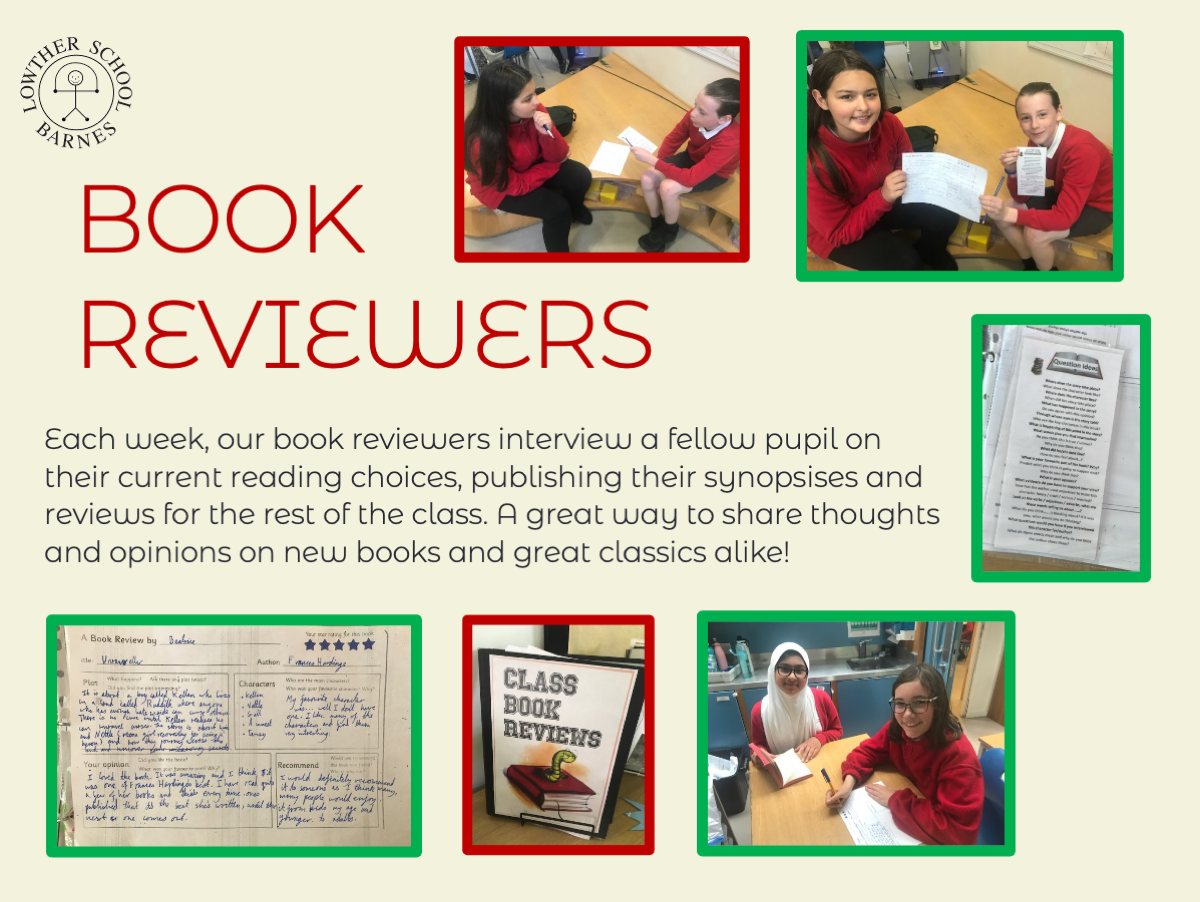
|
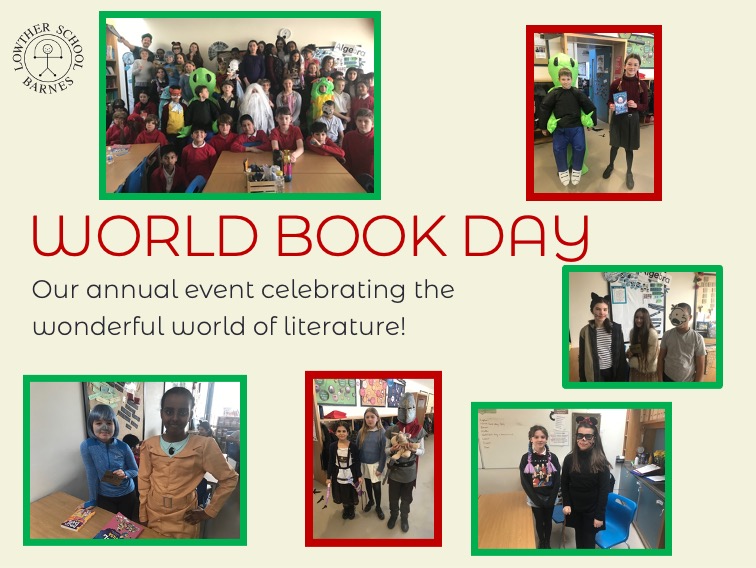
|
|
|
|
|
Here are some of the awesome entries for Reading Challenge 3 - 'Who am I?'
We've been thrilled with how engaged the children have been in all their learning and how superbly they've been supported at home! |
|
|
Here are some of the awesome entries for Reading Challenge 2 - 'Read up on some interesting facts and make a fact page'
|
|
Here are some of the awesome entries for Reading Challenge 1 - 'Design a book jacket for your @screenyourstory'
|
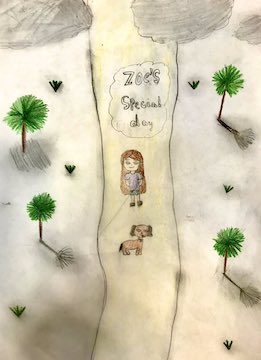 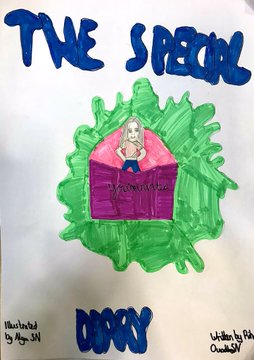 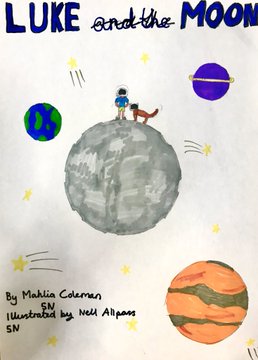 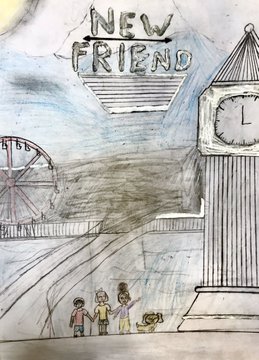 |
 |
